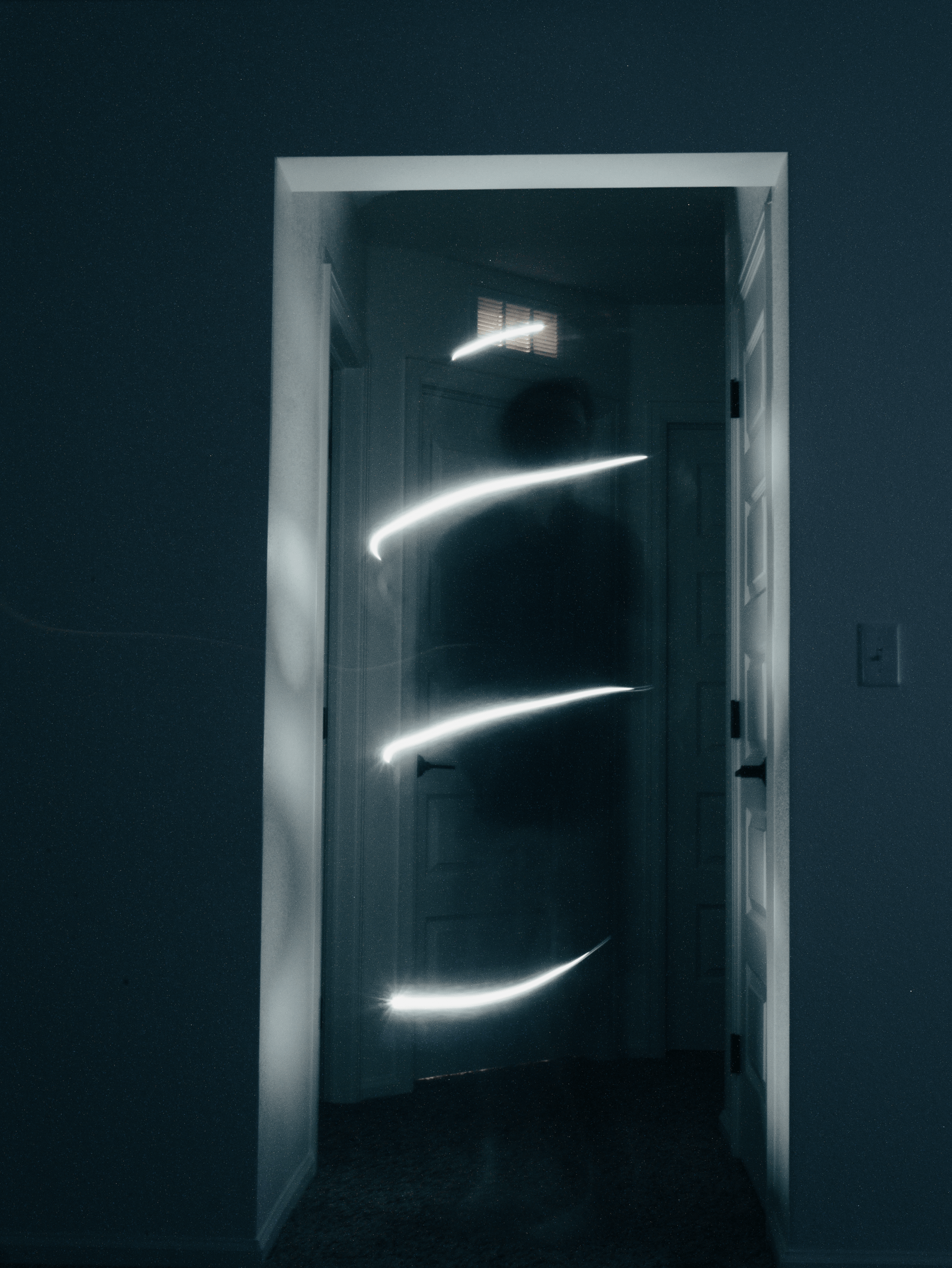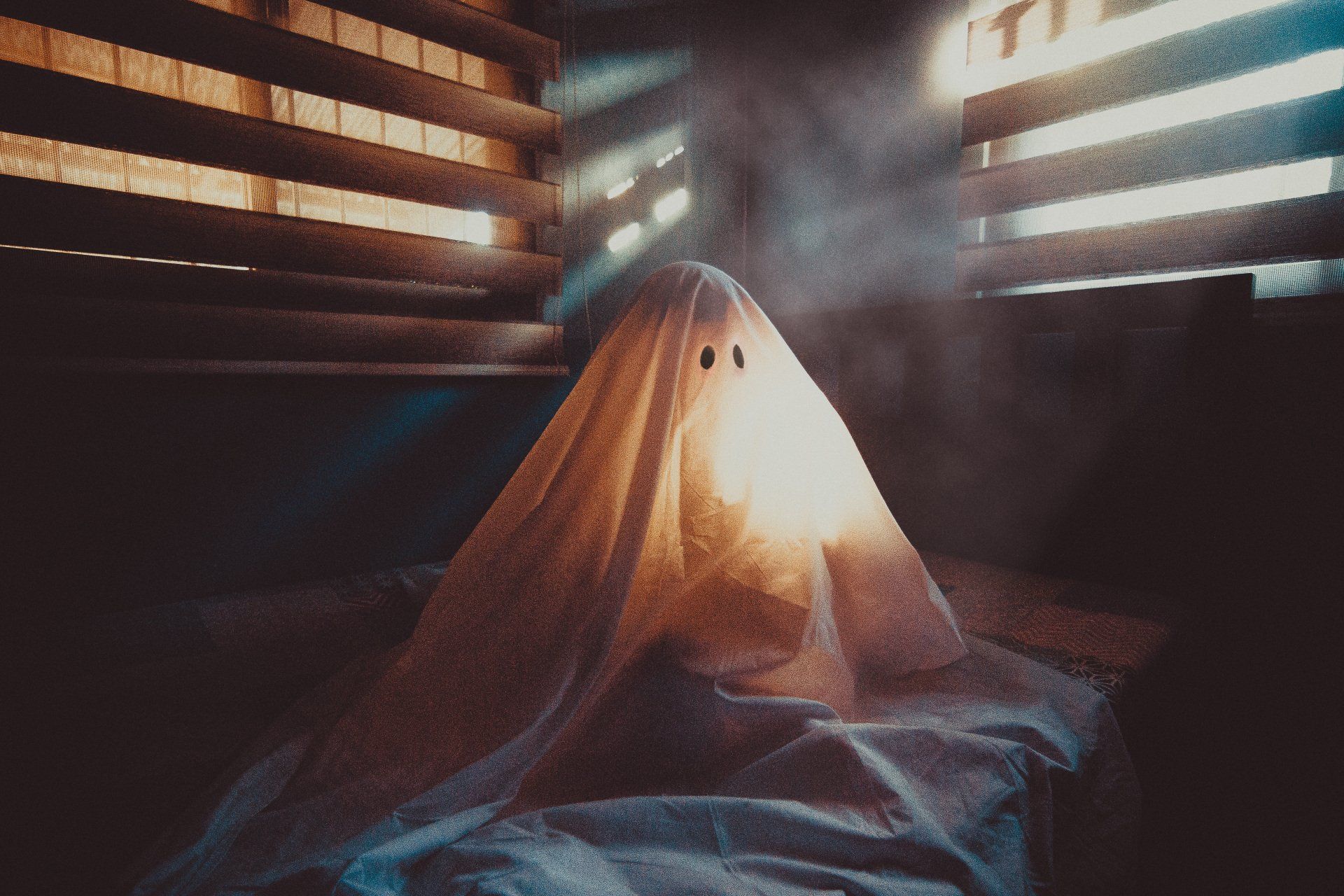The Psychology of Fear: How Ghost Tours Play on our Emotions
Exploring The Strategy of Ghost Tours


Fear is a natural and instinctual response to perceived danger or threat. It is a survival mechanism that has helped humans and animals alike avoid danger and stay alive throughout history. When we experience fear, our bodies respond in a number of ways, including increased heart rate, rapid breathing, and heightened senses.
There are many different types of fear, from the fear of heights and the fear of spiders to more complex fears such as the fear of failure or the fear of the unknown. One of the most common fears, however, is the fear of the supernatural and the unknown. This fear has been a part of human culture for thousands of years, and it is the fear that ghost tours capitalize on.
How Ghost Tours Play on Our Emotions
Ghost tours are a popular attraction in many cities around the world, and they offer visitors the opportunity to explore haunted locations and hear spooky stories about ghosts and other supernatural phenomena. But why do so many people enjoy these tours, despite the fact that they can be quite scary?
One reason is that ghost tours play on our emotions in a variety of ways. For example, the use of low lighting, creepy sound effects, and eerie music can all create a spooky atmosphere that can heighten our sense of fear and anticipation. Additionally, the use of storytelling and suspenseful pacing can help to build tension and create a sense of anticipation, leading up to a scary climax.
Another way that ghost tours play on our emotions is through the use of jump scares and other startling moments. These sudden, unexpected moments can trigger our fight or flight response and create a rush of adrenaline, which can be both terrifying and exhilarating at the same time.
Benefits of Experiencing Fear in a Controlled Environment
While fear is often associated with negative emotions, experiencing fear in a controlled environment can actually be beneficial for our mental health. When we confront our fears in a safe and controlled environment, we can learn to manage our emotions and build resilience.
This is why ghost tours and other scary attractions can be a positive experience for many people. By confronting their fears in a controlled environment, they can learn to manage their emotions and build confidence in their ability to handle scary situations. This can translate to other areas of their lives, such as public speaking or taking risks in their careers.
The Importance of Understanding Our Fears
In addition to the benefits of experiencing fear in a controlled environment, it is also important to understand our fears and how they affect us. By examining our fears and the reasons behind them, we can learn more about ourselves and our emotional responses. This self-awareness can be a powerful tool for personal growth and can help us overcome our fears and anxieties.
Additionally, it has been found that the way that fear is processed in the brain can differ based on an individual's cultural background. A study conducted by researchers at the University of Maryland found that individuals from Western cultures tend to process fear in a more individualistic manner, focusing on personal reactions and emotions. In contrast, individuals from Eastern cultures tend to process fear in a more collectivistic manner, focusing on the reactions and emotions of the group as a whole. This could potentially impact the way that individuals experience and react to the fear-inducing aspects of a ghost tour, depending on their cultural background.
Overall, the psychology of fear plays a significant role in the popularity of ghost tours and the way that individuals experience them. By tapping into the primal emotions of fear and uncertainty, ghost tours are able to create a unique and thrilling experience for participants. However, it is important to consider the potential negative effects that fear can have on individuals, particularly those with pre-existing anxiety or trauma. As such, it is important for ghost tour operators to create a safe and comfortable environment for participants and to be mindful of the potential psychological impact of their tours.
In conclusion, ghost tours are a popular form of entertainment that plays on our primal emotions of fear and uncertainty. By utilizing various techniques such as storytelling, jump scares, and sensory experiences, ghost tours are able to create a unique and thrilling experience for participants. The psychology of fear plays a significant role in the popularity of ghost tours, and understanding how fear is processed in the brain can help us better understand why individuals are drawn to this type of experience. As the popularity of ghost tours continues to grow, it is important to consider the potential psychological impact on participants and to create a safe and comfortable environment for all those involved.












